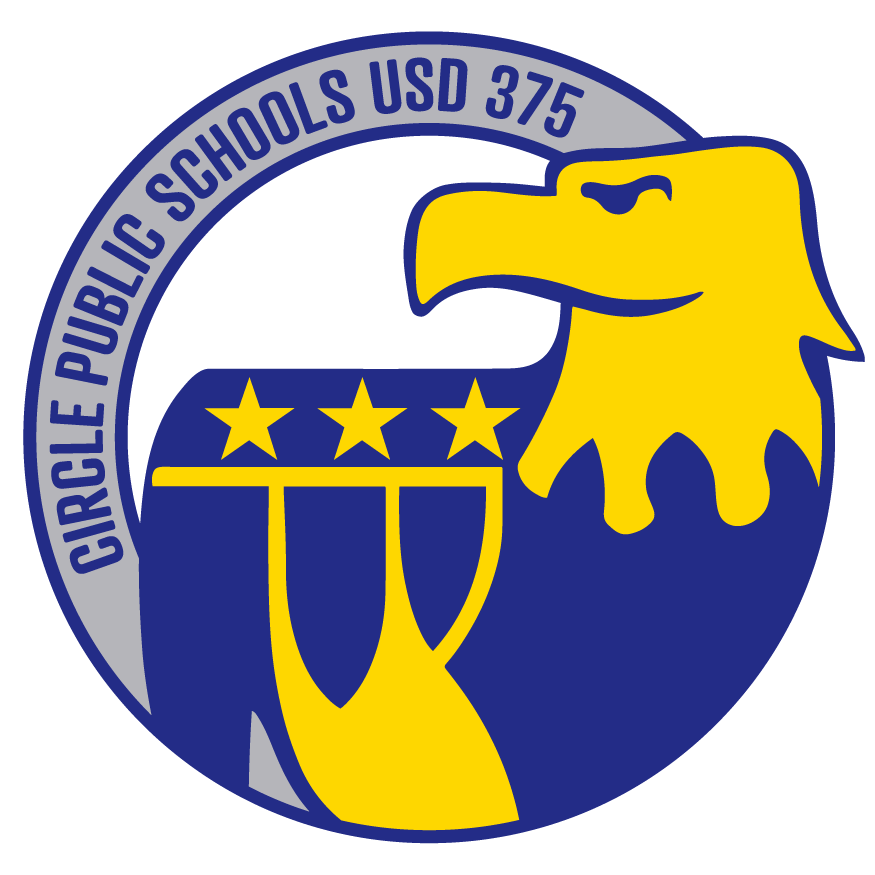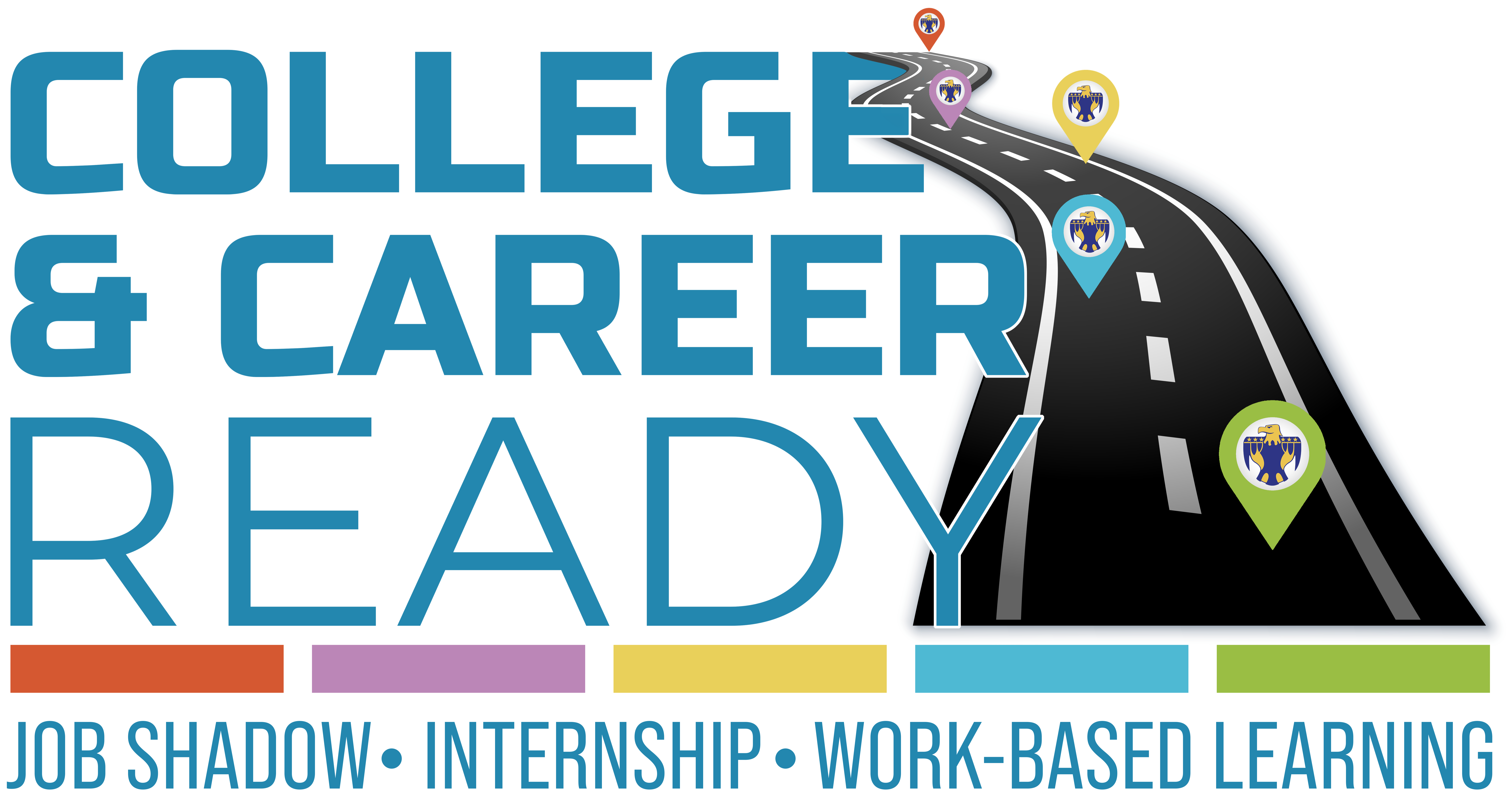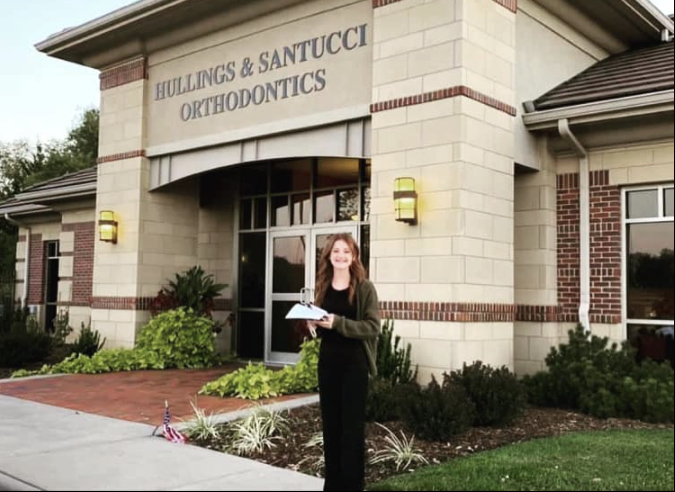The Circle College & Career Ready Program is only possible through community partnerships.
CLICK HERE to see our current Community Partners and learn how you can support the students of Circle Public Schools.
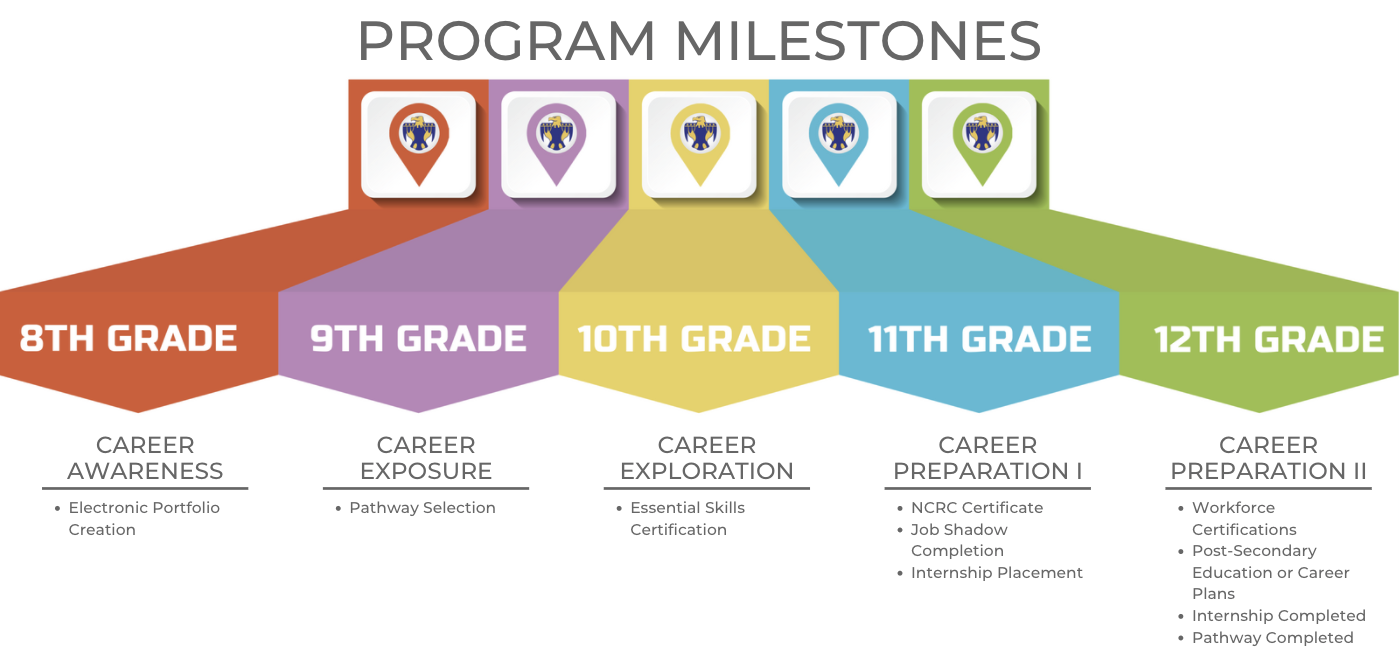
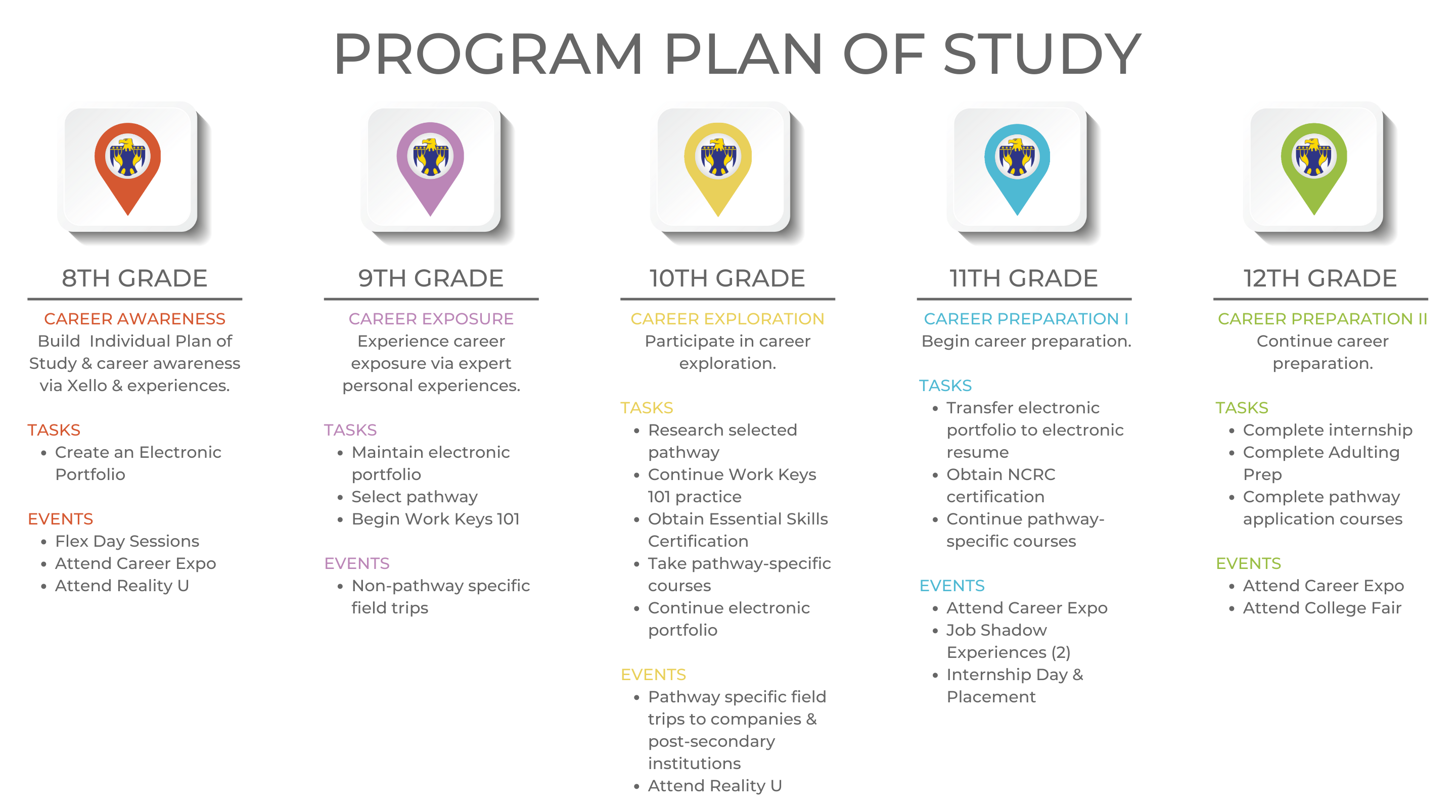

B.E.S.T.
Business Education Strategic Team
CAREER CLUSTERS
A career cluster is a group of careers that share common features.
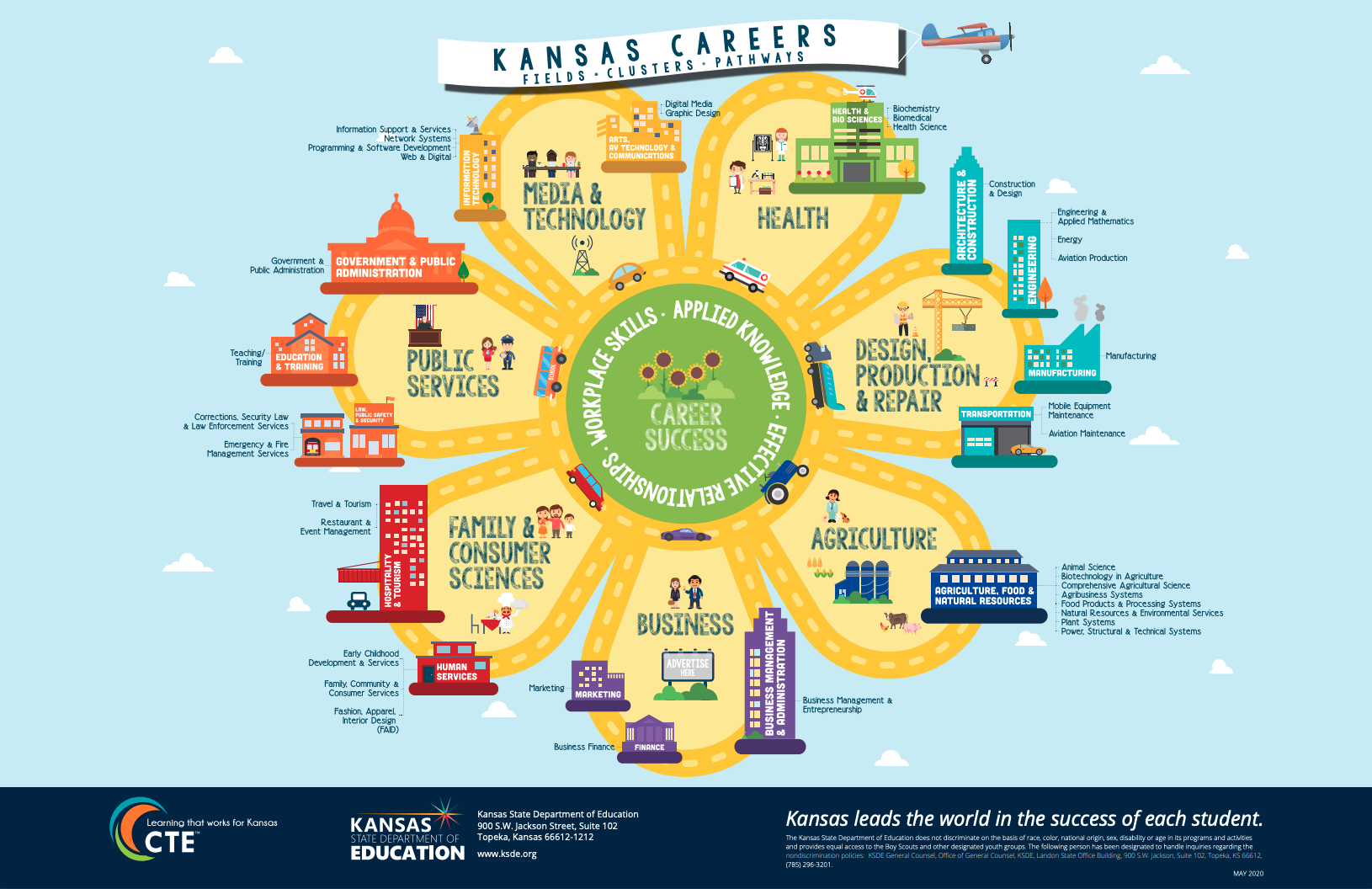
CTE
Career & Technical Education: courses offering academic and technical skills.
INDIVIDUAL PLAN OF STUDY
An Individual Plan of Study (IPS) is a product AND a process guiding each student to define career goals and the path to achieve those goals.
INTERNSHIP
An internship is a professional learning experience that offers meaningful, practical work related to a student's field of study or career interest.
An internship gives students the opportunity for career exploration and development, and to learn new skills. It also gives students the opportunity to evaluate career paths--do they enjoy the work, or should they possibly pursue another career path?
PATHWAYS
Career Pathways are educational paths to students' selected careers.
Pathways at Circle Public Schools include:
Aviation
Business Entrepreneurship and Management
Business Finance
Construction & Design
Digital Media
Early Childhood Development & Services
Engineering & Applied Mathematics
Family and Community Services
Graphic Design
Health Science
Manufacturing
Restaurant & Event Management
Teaching & Training
THRIVE!
Circle students will have the opportunity to have access to over 30 different career pathways with Butler Community College.
Students in the THRIVE! program work towards credits for their associate's degree--potentially graduating from high school with over 2 years of college credit in a career field of their choice!
Students who choose the THRIVE! program will meet with an advisor each semester to set up their schedule.
WORK-BASED LEARNING
Work-Based Learning (WBL) is the opportunity to participate in real-life work environments to gain experience and apply classroom knowledge at varying levels.
Benefits for students include:
Making connections between the classroom and real-world
Practicing essential skills
Observing current professionals on the job
Increased understanding of necessary post-secondary industry training
Networking opportunities
